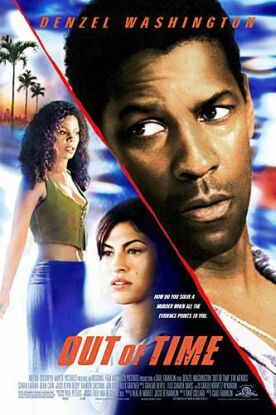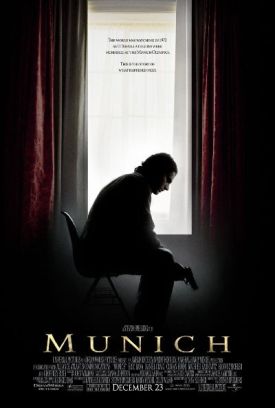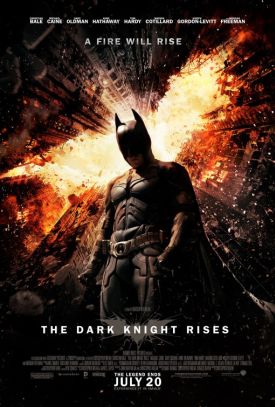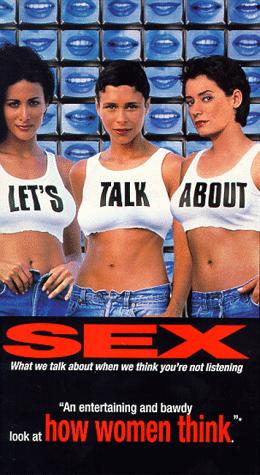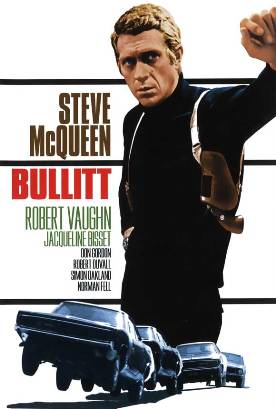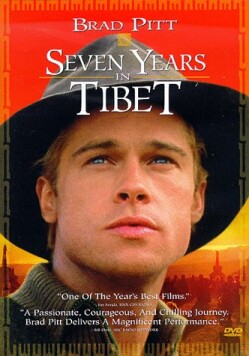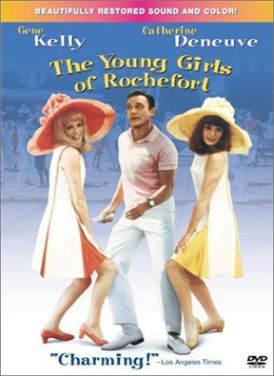Out of Time
In Out of Time, directed by Carl Franklin (One False Move, Devil in a Blue Dress), from a script by Dave Collard, Matt Whitlock (Denzell Washington) is the chief of police in tiny Banyan Key, Florida. On the point of splitting up with his wife, Alex (Eva Mendes), an improbably sexy homicide detective with the Miami police department, he is having an affair with the seemingly waiflike Anne-Merai Harrison (Sanaa Lathan), the wife of Chris (Dean Cain), another cop who used to be a pro-football quarterback. Chris is a jealous lout and beats Anne-Merai, she tells Matt, but she won’t press charges against him. She feels sorry for him.
Banyan Key’s part-time medical examiner, wise-cracking Chae (John Billingsley), tries to jolly Matt through the breakup with Alex, whose success and preference for Miami over little Banyan Key seems to have damaged their marriage. Half jestingly and half-seriously, Chae pesters him to take the money in the police department’s safe — $750,000 worth of evidence in a drug bust that has by law to be held by the arresting jurisdiction until the end of the trial and all appeals — and run off to Costa Rica, where the two of them can buy a fishing boat. The appeals won’t be exhausted for years.
“Stop thinking like a cop for once in your life,” he tells him, but he knows and we know that Matt always thinks like a cop.
One day, Anne-Merai calls and tells Matt that she needs him to come with her to a doctor’s appointment for moral support. The doctor tells her that her cancer has come back and that she’s got six months to live. At a loss but seeking to help as any friend would, Matt asks the doctor if there’s any hope. Well, there’s this experimental treatment in Switzerland that has a 17 per cent success rate. But it’s very expensive.
Anne-Merai seems resigned to her fate at first, but soon she calls Matt with the good news that she can sell the $1 million life insurance policy that Chris has taken out on her to a company that will give her enough money for the treatment in Switzerland — the company presumably betting on an unhappy outcome. Is that legal? asks Matt. He is assured that it is. But then there is a hitch. The company’s board decrees that it can take on no new business, and there are only two more days in which she can change the beneficiary on the life policy.
Anne-Merai is devastated and, preparing for death, comes by to say good-bye to Matt and, by the way, to tell him she has made him the beneficiary of the life insurance policy. Oh, and just for good measure, Chris is beating her again.
In a frenzy of compassion, the hitherto incorruptible Matt gives Anne-Merai the money in the safe. He can either replace it out of the insurance money, if the worst happens, or he will have a long time to find another means of replenishing it if the cure is successful.
That night, Anne-Merai’s and Chris’s house burns down, and two bodies are found in the smouldering ruins. It looks like arson. Matt had been at the house, his phone records will reveal the affair with Anne-Merai and of course it is bound to come out that he is the beneficiary of her life insurance. And then his soon-to-be ex-wife is put in charge of what has become a murder investigation.
Matt’s in a lot of trouble, but his troubles aren’t over. The DEA calls to say it needs the evidence money for an investigation into another drug case. It needs it today.
It’s a brilliant set up, and an even more brilliant job of plotting, the events all taking place in real time or close to it, to show the twists and turns by which Matt attempts to get out of the trap in which he finds himself. This is what a thriller should be: one in which the pressure of time becomes almost as much the center of our consciousness as it is of the characters’.
As a result, any little niggling unease about coincidences or improbabilities is forgotten until the lights have come up and you’re half-way home. The characters are interesting but not too interesting, and it gives you the sense that real life sometimes does consist of events spinning out of control — not only the control of the hero-victim but of everyone else. The icing on the cake is the work of the Dutch director of photography, Theo van de Sande, who does a tremendous job of giving us a rural Florida backdrop that is, like the rest of the movie, almost too good to be true.
Discover more from James Bowman
Subscribe to get the latest posts to your email.

